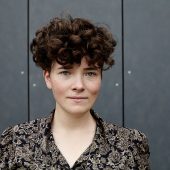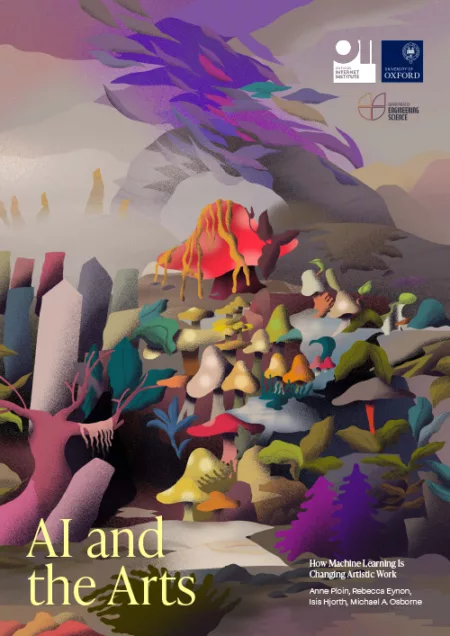
Anne Ploin
DPhil Student
Alongside work on AI, Anne’s doctoral research is in the sociology of knowledge, focusing on the online work of independent commissions and their role in British politics.

Recent advances in artificial intelligence have caused an explosion of interest in “creative AI”. While we know AI technology is changing many areas of work, its potential impact on creative tasks and creative work remains to be established. Through a case study of the use of current machine learning techniques in artistic work, our report investigate the scope of AI-enhanced creativity and whether human/algorithm synergies may help unlock human creative potential.
The report explores the changes in artists’ creative processes as machine learning becomes part of the artistic toolbox, and unpacks the creative interplays between artists and their machine learning-based tools. We find artists developed a range of new skills and adapted their creative processes to harness machine learning’s generative capabilities and make artworks on their own terms. We also find that these new activities and skills involved both continuity with previous creative processes and rupture from past practices.
Importantly, our report highlights that the creativity involved in artmaking remains beyond the capabilities of current ML technology. Despite the increased affordances of machine learning technologies for creative work, the relationship between artists and their media remained essentially unchanged, with machine learning a contemporary point in a long and rich tradition of leveraging technology in the arts.
Please cite as: Ploin, A., Eynon, R., Hjorth I. & Osborne, M.A. (2022). AI and the Arts: How Machine Learning is Changing Artistic Work. Report from the Creative Algorithmic Intelligence Research Project. Oxford Internet Institute, University of Oxford, UK.